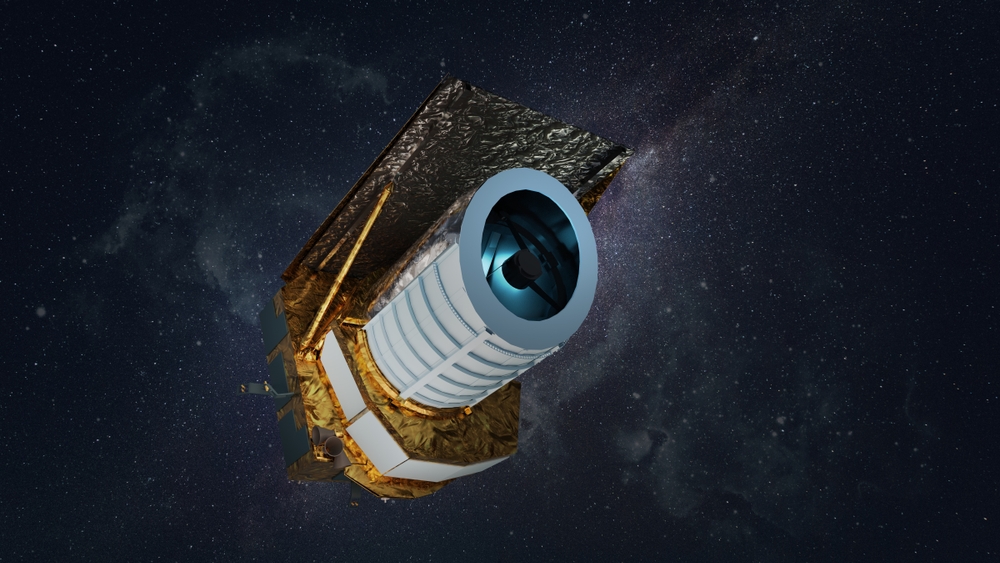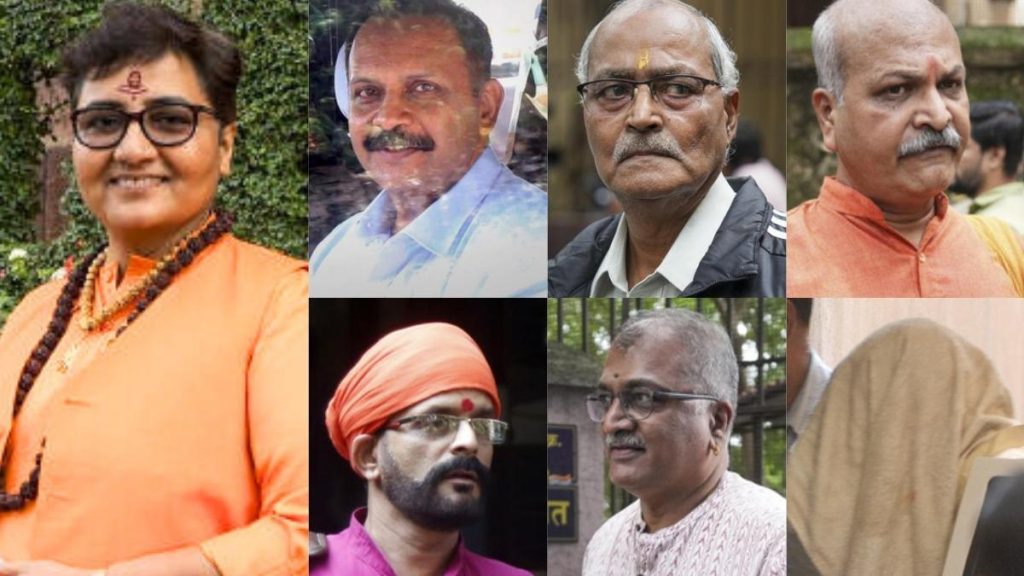Now Reading: Euclid Telescope Maps 26 Million Galaxies in Latest Sky Survey
-
01
Euclid Telescope Maps 26 Million Galaxies in Latest Sky Survey
Euclid Telescope Maps 26 Million Galaxies in Latest Sky Survey

Quick Summary
- The European Space Agency’s Euclid telescope has released its first wave of survey data, capturing hundreds of thousands of galaxies in incredible detail.
- Euclid’s mission is to map one-third of the sky over six years, focusing on three deep fields (Deep Field South, Deep Field Fornax, adn Deep Field North).
- The telescope observed 26 million galaxies in one scan; some are located 10.5 billion light-years away. Citizens and AI algorithms have classified 380,000 galaxies so far as part of the Galaxy Zoo program.
- Euclid collects approximately 100 GB of data daily and aims to eventually catalog images for 1.5 billion galaxies during its mission.
- By measuring gravitational lensing effects caused by dark matter, scientists have already identified over 500 such candidates from Euclid’s data stream; a total of about 100,000 instances is expected by the mission’s end in 2030.
- A rare Einstein Ring phenomenon was captured during observations-highlighting how light bends around foreground objects due to gravitational forces exerted by matter.
Indian Opinion Analysis
The release of survey data from ESA’s Euclid telescope provides remarkable insights into the universe’s structure and composition while addressing essential questions about dark matter and dark energy-concepts that account for a significant portion but remain poorly understood globally. india’s burgeoning space science programs can draw inspiration from this achievement to advance domestic capabilities in celestial mapping technologies or foster collaborations with international organizations.
Euclid’s integration with citizen science initiatives also highlights how public participation can positively impact large-scale scientific missions-a concept worth emulating for India’s own scientific projects tied to astronomical research or environmental monitoring where outreach remains limited.
Moreover, as nations race ahead with such deep space explorations, it could stimulate India further into prioritizing investments not just in satellite-based systems but also deeper understanding through collaboration-oriented missions helping decipher cosmic phenomena like gravitational waves or intergalactic structures-a broader quest that aligns well with ISRO’s expanding interests like LVM3 & future ambitions aligning aspiring technological prowess trajectory globally competitive base-building yet nurturing grassroots infrastructure solutions aspirationally involving imprints interconnected conversations amidst innovation-leading framework templates perspectives benefitting entire humanity-linked aspiring endeavors healthier Earth-systems anchoring each-connective-individual opportunity-path strategically envisioned forward embracing knowledge spectrum worldwide co-shared growth models**
























